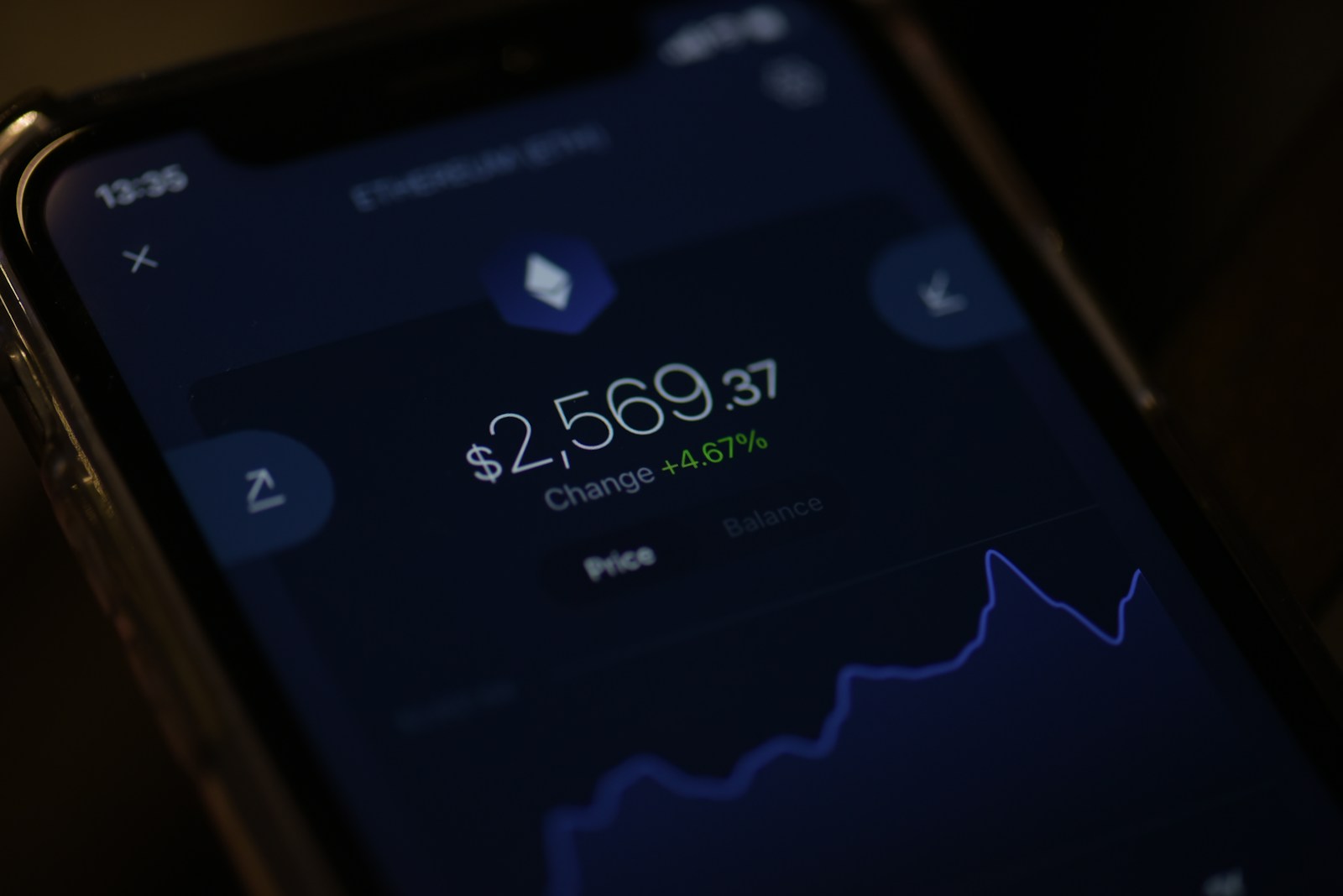Millions of Americans are drowning in credit card debt today. When you owe a lot of money to credit card companies and creditors, it causes a lot of stress, which then makes it more difficult to make rational financial decisions. It also makes it harder to focus and be productive at work, which further limits your earning power and can cause you to spiral further into a tough financial situation.
Here are three reasons why you shouldn’t be carrying a balance on your credit cards. If you aren’t able to keep up with the minimum payments, then you might want to look into debt settlement options to get you back on track.
Credit Card Debt Limits Your Current Lifestyle
First, all those high-interest minimum payments puts a real strain on your monthly cash flow. By the time you’ve paid all your current credit card bills, there just isn’t much left for your other expenses. And you can just forget about going for a fun night out on the town with friends. Eventually, you even start declining invitations for family get-togethers because you just don’t have any money to spend on food or gifts.
And if you end up having to max out those credit cards again every month for daily living expenses, you’re balance is never going to go down, which keeps you trapped in a cycle of constantly feeding all your cash to your creditors. How are you supposed to keep up?
Too Many Debts Limits Your Future Investment Power
The more debts you are carrying, the lower your credit score will be — and this will limit your ability to make large purchases and investments in the future, such as buying a new car or home or investing in a business. The higher your debt-to-income ratio, and the higher your balances on credit cards are, the more difficult it will be to obtain the financing you need for those major life purchases.
If you weren’t throwing away hundreds of dollars per month on interest, you would have enough for a car payment or even more. That is a huge blow to your buying power and your overall quality of life.
Credit Card Debt Can Lead to Financial Ruin
Lastly, in a tough economy it’s not uncommon for smaller debts to spiral into larger ones. When your credit is already maxed out your car starts to make a weird noise or your washing machine begins to leak, there’s not much you can do about it. As a result, small problems go unresolved and eventually become larger, more expensive problems. What started out as a cheap fix — since it could not be addressed due to lack of funding — ends up turning into a much more expensive job. And it sometimes snowballs and creates additional problems as well.
In the end, deferred maintenance becomes your default in life, and your financial problems continue to compound and spiral out of control. That can often lead to loss of income, creditors threatening lawsuits and even bankruptcy.
But all of this can be avoided if you can just get out from under the weight of those credit cards. This is where a debt settlement plan becomes essential. If you haven’t already, seek out the help of a financial advisor to see what options are available for you.


